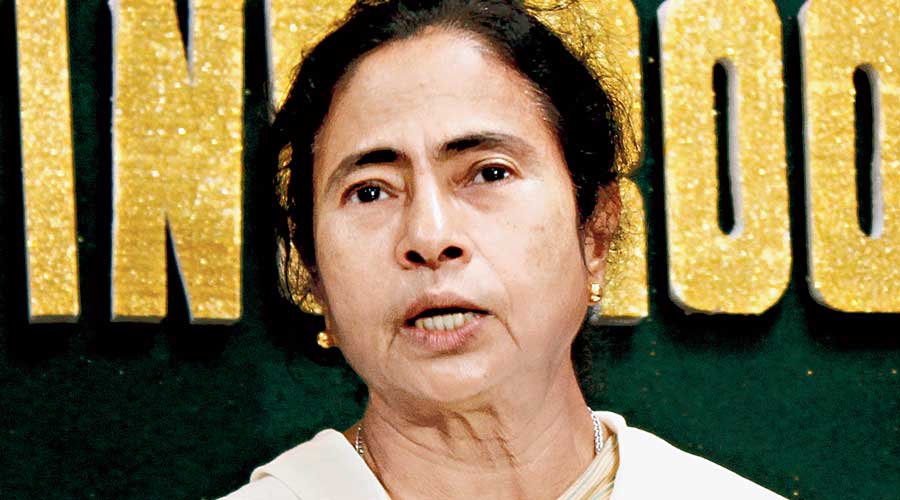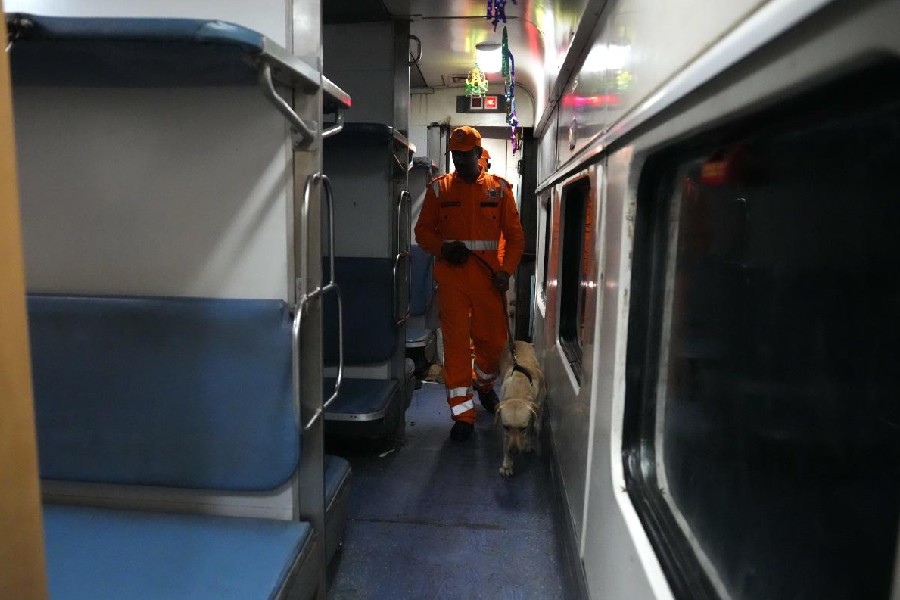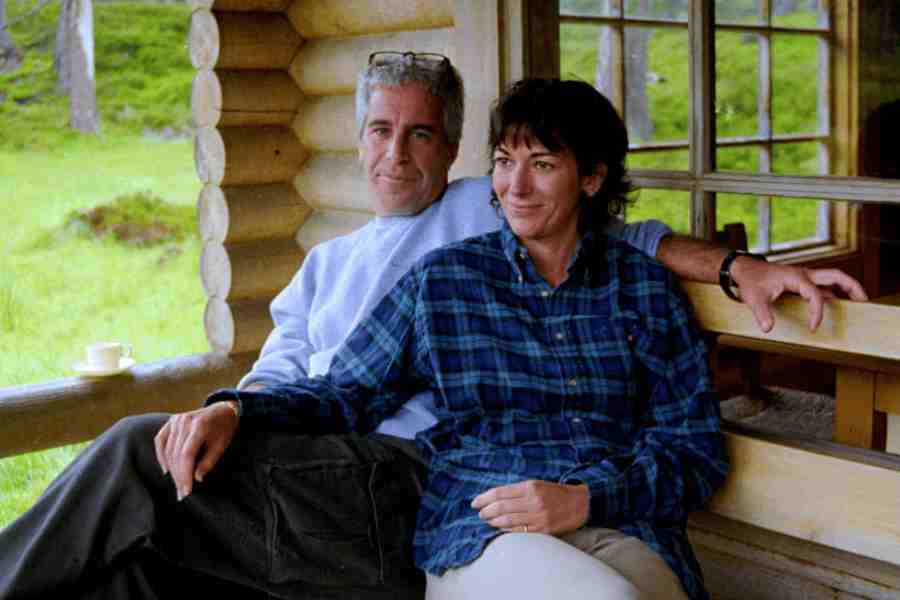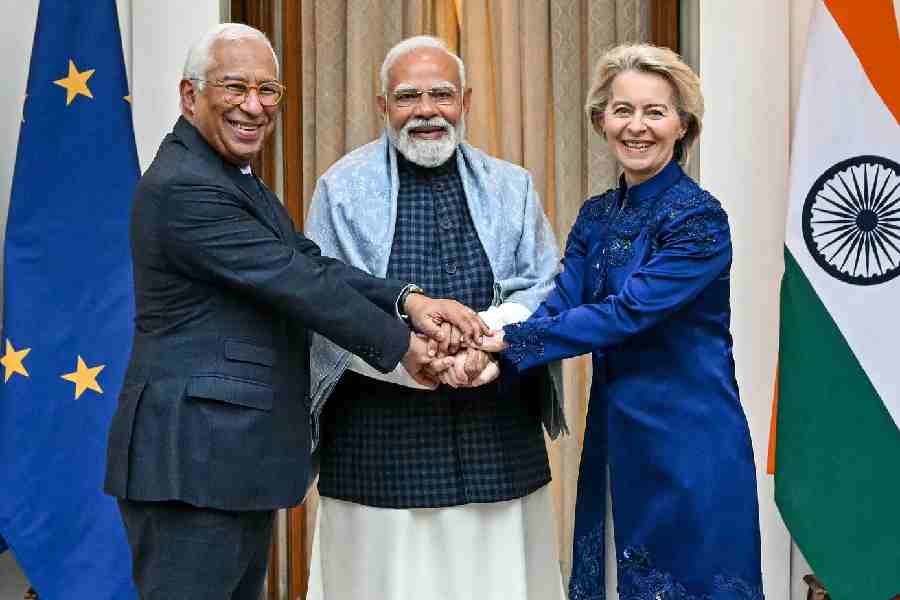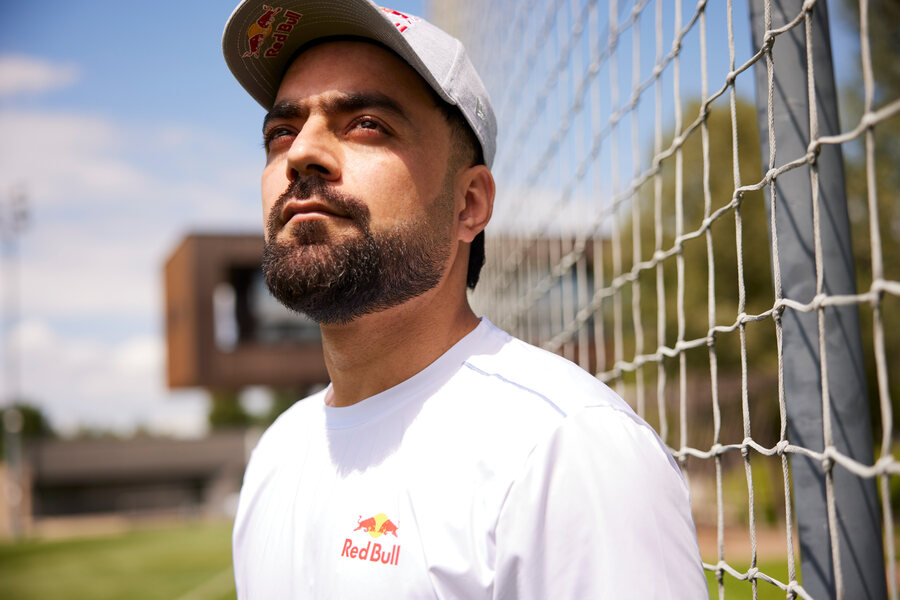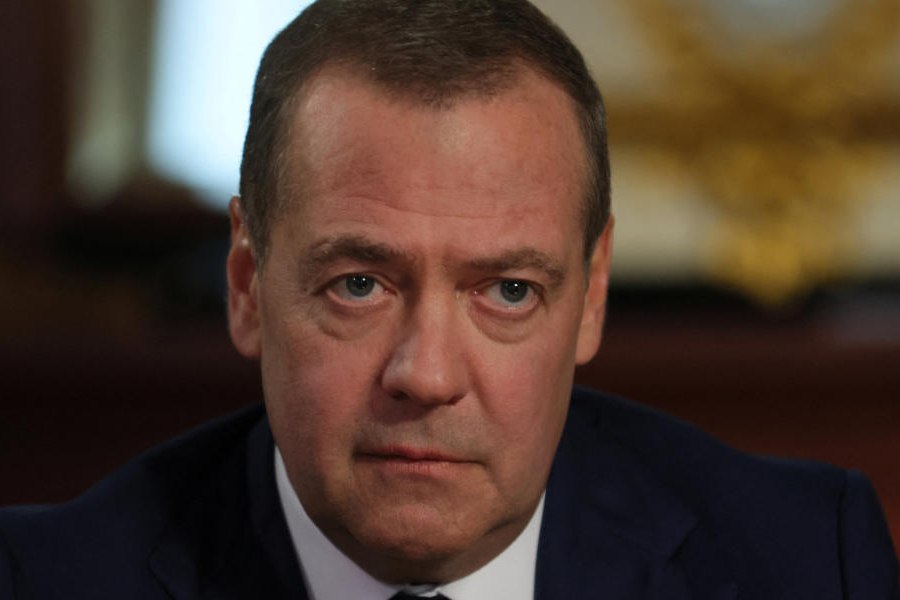The Mamata Banerjee government has set itself a target of connecting 1 crore rural households with piped supply of water by March, 2022 in an attempt to make up for the time lost because of the state’s dilemma in joining the Centre’s Jal Jeevan Mission.
“We have set up a target of reaching 1 crore households in the rural areas of the state with pipeline water by the end of the ongoing financial year. We know that the target is stiff, but we will try to achieve the target,” said a senior government official.
Sources said the ruling ruling party in the state is trying to ensure that the BJP cannot take the opportunity of pulling up the ruling party for delay in implementing public welfare schemes.
“The BJP had already made the pipeline water supply an issue ahead of the Assembly polls. The ruling party has sensed that if the facility cannot be extended to a majority of people ahead of 2024 elections, the BJP can use it as a campaign tool,” said a source.
The Narendra Modi-led central government had launched the Jal Jeevan Mission scheme after coming back to power in 2019 with an aim to supply water through pipes to about 18 crore rural households across the country.
In Bengal, a total of 2 crore rural households were supposed to be connected with pipeline water by 2024.
The state government did not join the scheme initially as it stipulated that 10 percent of the project cost would have to be borne by the beneficiaries. The centre would share 50 percent of the project cost and the state was supposed to shoulder the remaining 40 percent cost.
Nabanna had proposed that the state would be allowed to shoulder the 10 percent cost instead of the beneficiaries.
The Centre finally accepted the proposal and the state joined the scheme in September, 2020, after nine months since the project was launched nationwide.
“The delay has left an impact on the progress of the project in Bengal. Only about 18 lakh connections were given in the 2020-21 financial year while the actual target was 45 lakh. This year, our original target is to give 45 lakh connections, but we have set the target to 1 crore,” said a senior government official.
Sources in the government said that the top brass of the government knows that achieving the target of 1 crore connections is tough to achieve in a financial year. But the target has been set considering that if the PHE department can give connections to 70 lakh households this year, it would be easy to achieve the target of giving connections to all the rural households before the end of 2023.
"When we had joined the scheme, our target was to give new connections to 1.4 crore households as the state had already connected 60 lakh households with pipeline water supply. If we can give one core connection by March 2022, we can achieve the target easily by December 2023," said another official.
A minister said that the government is focusing on the government from now on considering that safe drinking water could be a major issue ahead of the 2024 poll.

